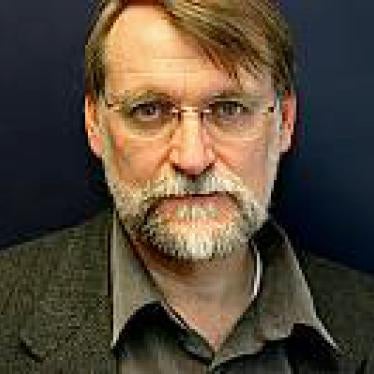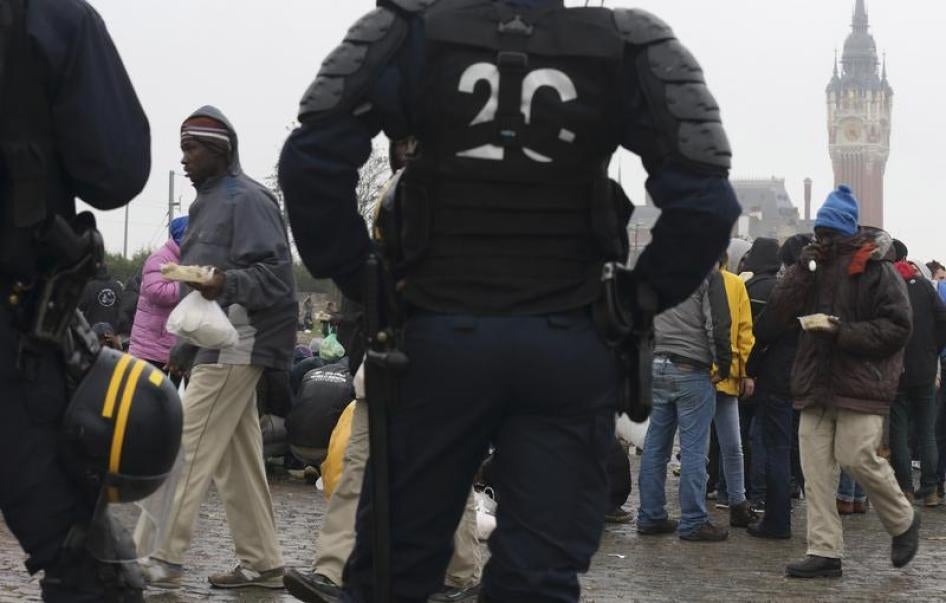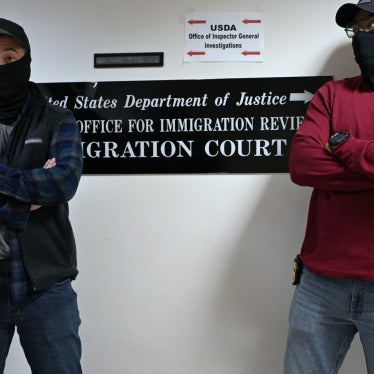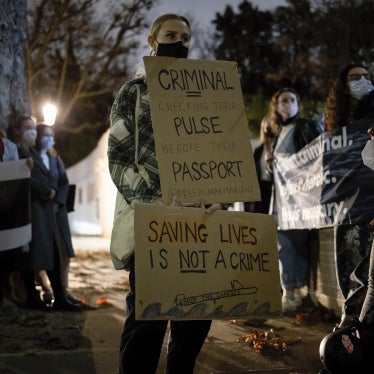In the United States, the front-running Republican presidential candidate, Donald Trump, accuses the Mexican government of “forcing their most unwanted people into the United States … criminals, drug dealers, rapists, etc.”
In the United Kingdom, Foreign Secretary Philip Hammond’s comment about “desperate migrants marauding around the area” comes on the heels of Prime Minister David Cameron’s characterization of migrants coming across the Mediterranean as “a swarm.”
Earlier this summer, when Australian Prime Minister Tony Abbot was asked if his country would be willing to take some of the Rohingya boat people who were languishing on boats that had been pushed out to sea by Thailand and Malaysia, he said, “Nope, nope, nope,” and that “Australia will do absolutely nothing that gives any encouragement to anyone to think that they can get on a boat.” He suggested that the problem was people smugglers, making no reference to the persecution of Rohingya in Burma or their plight on the high seas.
Rancorous, prejudicial, and callous discourse from people in positions of great political leadership or prominence risks stoking a climate of xenophobia that in Europe has already led to attacks on migrants and asylum seekers in Germany, Greece, Italy, Hungary, and elsewhere. Irregular migration is a serious challenge, but it can be addressed rationally and fairly. This can only happen, however, if the rhetorical heat is turned down a few notches and migrants are not used as demagogic red meat for populist scaremongering.
The United Nations Refugee Agency released a statement Friday to assure the public that the situation of about 3,000 migrants in Calais, France is “neither new nor unmanageable,” and outlined – as has Human Rights Watch and others – straightforward steps to manage this and other migration challenges, with fairer burden sharing among countries and asylum systems and border controls that don’t sacrifice due process and human dignity.
But for our leaders to coarsen the way they speak about migrants not only dehumanizes “them, the other, the stranger,” but also threatens to harden the hearts and close the minds of those of us who have had the good fortune to have been born and to live our lives in homelands of comfort and peace.









